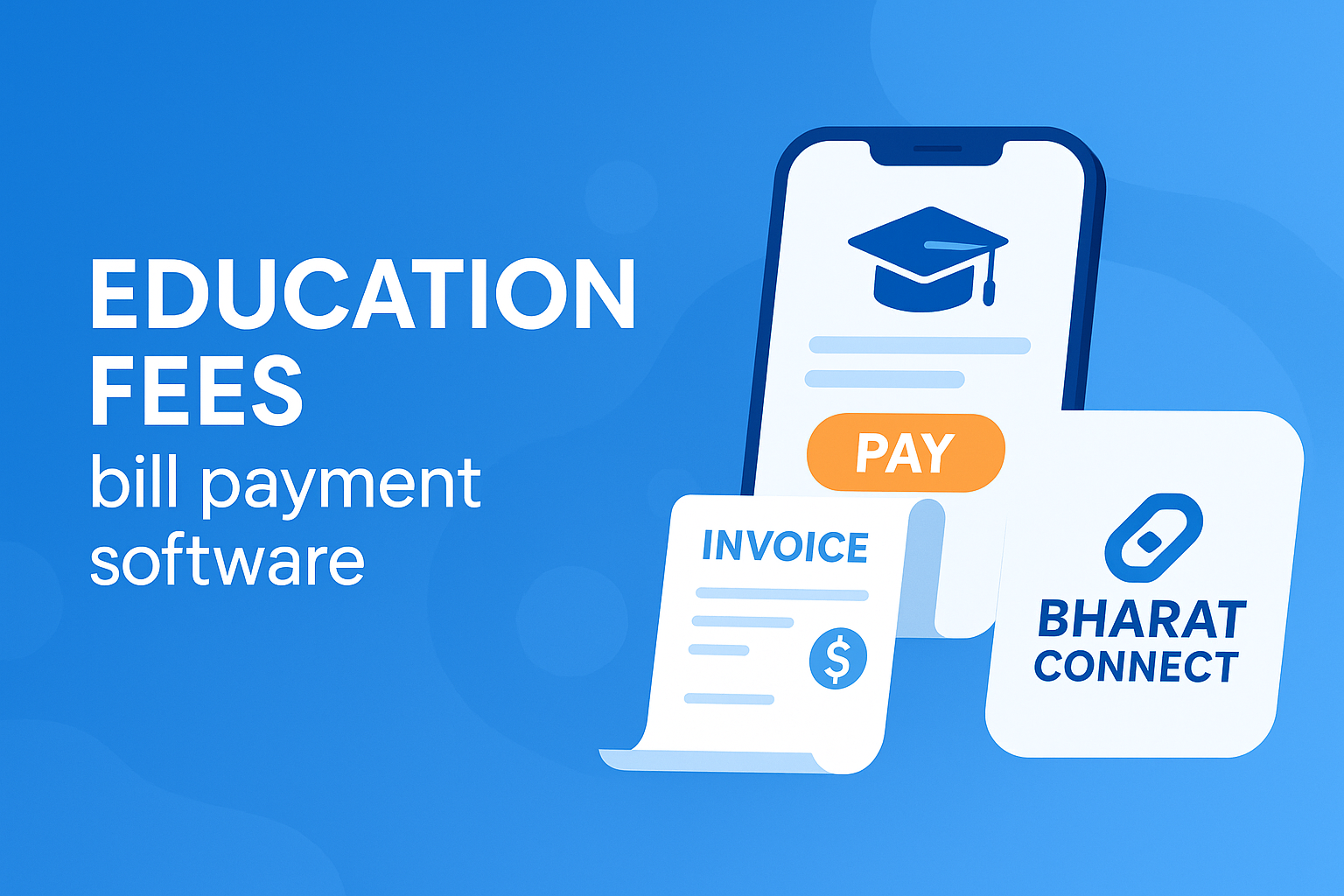
The Industrial Training Institute (ITI) plays a pivotal role in providing vocational training to students, equipping them with the skills necessary to excel in various industrial sectors. One of the essential aspects of enrolling in an ITI program is understanding the education fees involved. The fee structure at ITIs can vary significantly based on the course, location, and type of institution—whether it is a government-funded or private ITI. Typically, government ITIs offer lower fees compared to private counterparts, aiming to make vocational education accessible for a broader range of students.
As of October 2023, students looking to enroll in various trades such as Electrical, Mechanic, Welding, and Computer Software Development might expect to pay anywhere from INR 5,000 to INR 25,000 per year in a government-run institute, whereas private institutes may charge upwards of INR 30,000 or more depending on the course and facilities provided. Additionally, students should keep in mind that these fees do not just cover tuition; they may also include expenses related to uniforms, practical materials, examination fees, and other miscellaneous costs associated with the program.
Moreover, many states and autonomous institutes may provide scholarships or fee waivers for students from economically weaker sections to encourage higher enrollment rates, thereby reducing the financial burden on students and their families. It is also advisable for prospective students to inquire about installment payment options or financial aid programs that may be offered by the institution.
Overall, while the ITI education fees are a crucial aspect to consider, the return on investment in terms of skill acquisition and job readiness in industries cannot be overstated. Enrolling in an ITI program is not only an opportunity to learn trade skills but also a gateway to a promising career in the increasingly competitive job market. Therefore, it is essential for students and parents to evaluate the total cost involved carefully and to make informed decisions that align with their financial capabilities and career aspirations.
